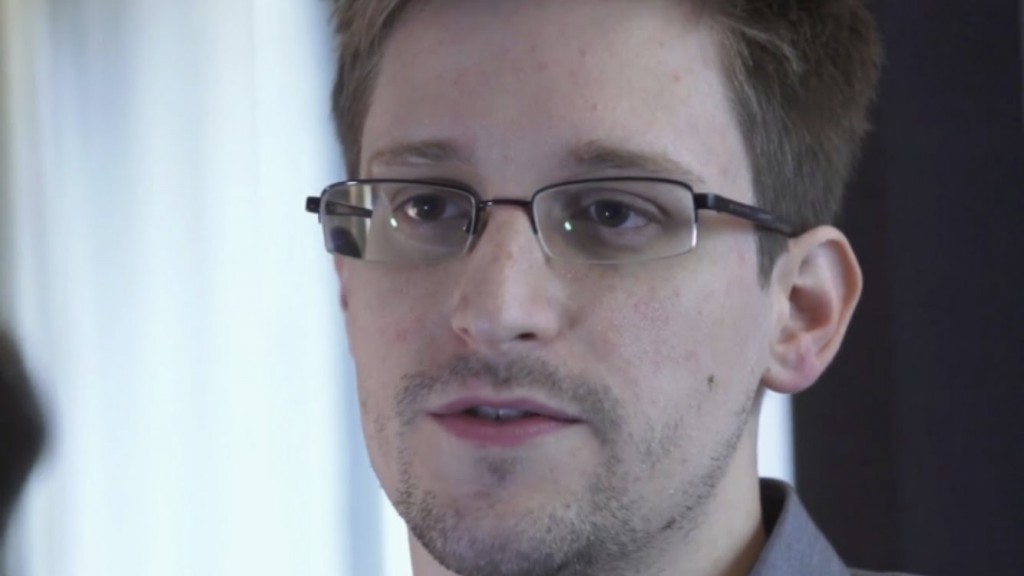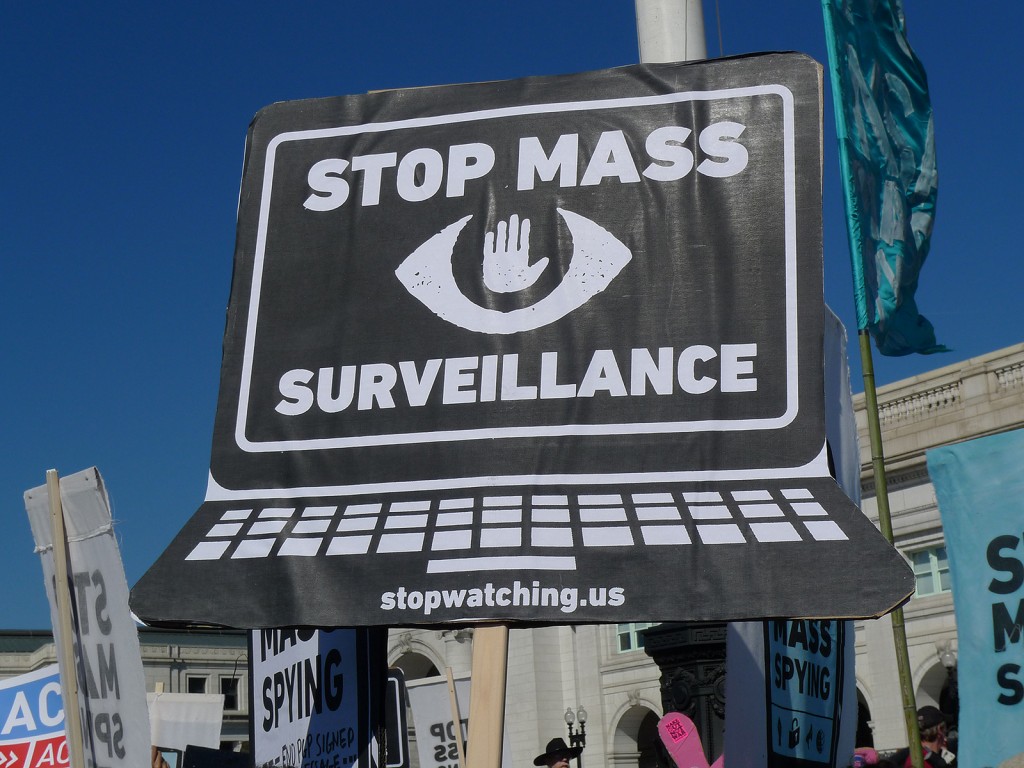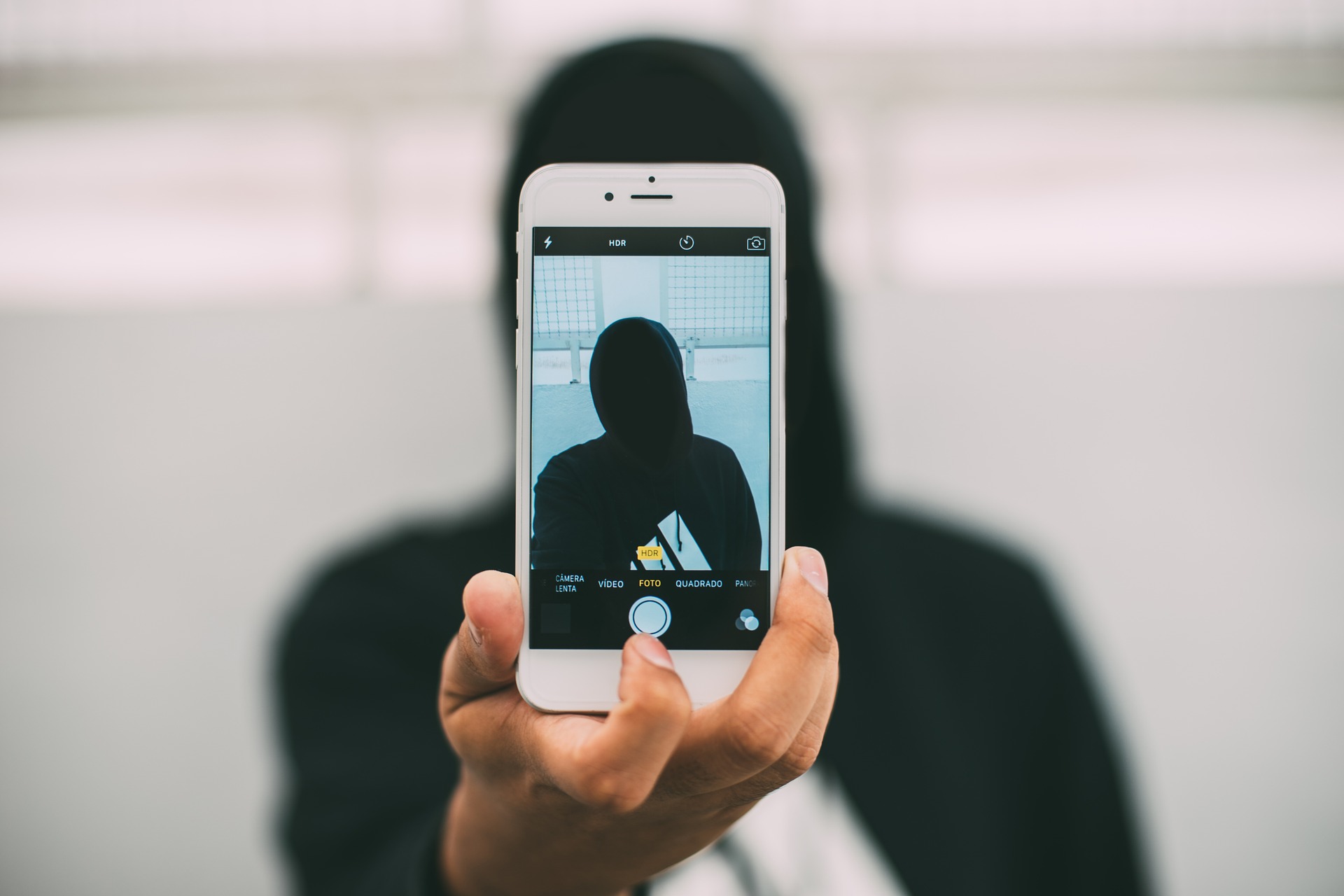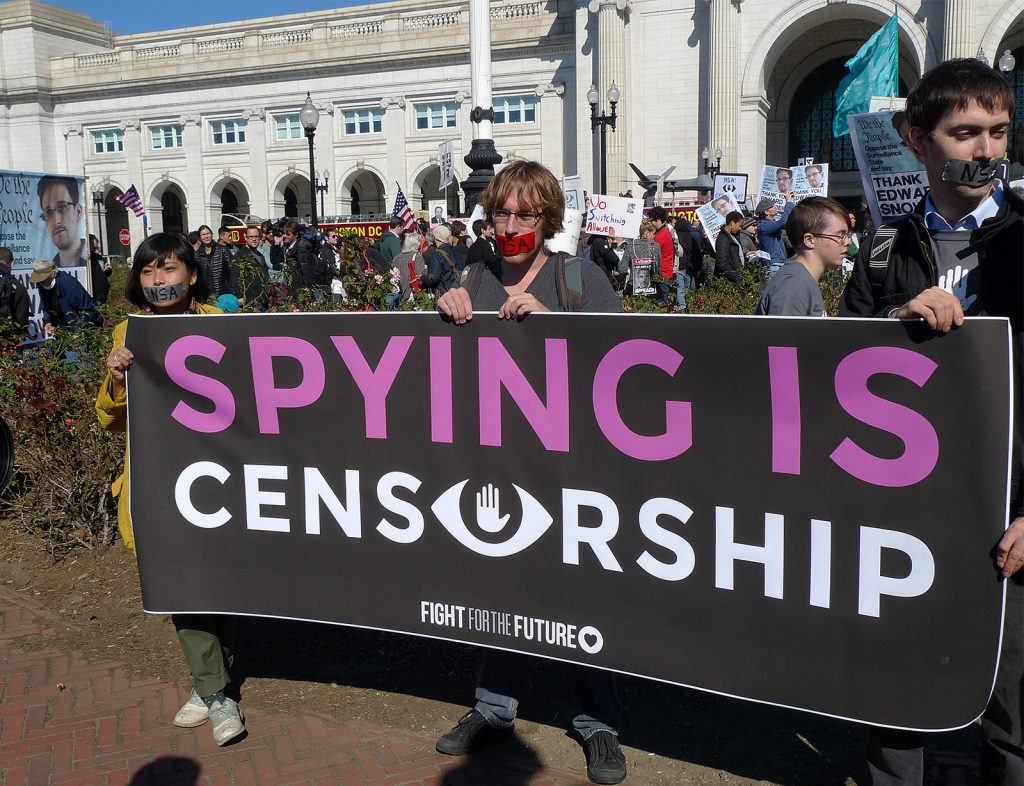Today is the anniversary of a huge privacy case brought by human rights group Liberty. It meant that the legal framework underpinning the UK government’s surveillance practices must be clear and made publicly available. However, it left open the question of whether mass surveillance can ever be justified in a democratic society. Perhaps Liberty’s next case will tell all…
The Story: Before Snowden

When Edward Snowden revealed that the United States’ National Security Agency (NSA) was spying on people all around the globe, mass surveillance suddenly became words of common usage worldwide.
Still, the big debate on mass surveillance and privacy actually began almost 15 years before Snowden’s revelations. It first blew up back in 1999 because a TV show reported on the surveillance program put in place by the British Ministry of Defence.
The first Liberty case: fighting mass surveillance since 1999

Three British NGOs – Liberty, the Irish Council for Civil Liberties (ICCL), and the British-Irish Rights Watch (now RightsWatch UK) – did not like what they saw on TV and argued that the Ministry of Defence’s interception and storage of people’s phone, fax and email communications, over a seven year period represented an intolerable violation of the right to privacy (theirs, and of thousands and thousands of other unsuspecting people).
They forcefully (but ultimately unsuccessfully) fought for their case for nine years in British courts. That was, until 2008, when they took their case to the European Court of Human Rights (ECtHR) in Strasbourg, which interprets the European Convention on Human Rights.
The Strasbourg judges were pretty clear in condemning the UK’s surveillance program, but at the same time they did not take a full, principled stand on the point. The Court only said that the legal framework for the program under scrutiny was so vague and ambiguous that it gave the UK government a “virtually unfettered” discretion in building up the surveillance system. This violated the NGOs’ and others’ right to privacy. However, this finding meant that the Court avoided tackling the next (and more controversial) question, that is: can programs of mass surveillance ever be justified as necessary in a democratic society?
Nonetheless, the judgment was important because it confirmed that the ECtHR takes a very strict approach to cases involving state surveillance.
After Snowden: Not giving up

In 2013, Edward Snowden’s disclosures revealed worrying details of the UK authorities’ involvement in global mass surveillance programs, bringing fresh momentum to the case against government spying.
A number of cases alleging violations of the right to privacy have been brought ever since – including a new one by Liberty, this time together with Amnesty International and Privacy International. Their legal challenge was based on documents made available by Snowden which revealed the industrial scale of the practice of state surveillance in Britain, specifically through the GCHQ’s participation to the NSA’s mass surveillance programme, TEMPORA, which gives the US and UK governments access to huge amounts of data on millions of people.
In February 2015, the secretive Investigatory Powers Tribunal (IPT) – which has jurisdiction over intelligence agencies such as GCHQ, MI5 and MI6 – said that the secrecy over the rules covering access by GCHQ to emails and phone records intercepted by NSA had breached human rights law for years.
This landmark judgment marked the very first time the IPT had found against the security services in its 15-year history. At the same time, though, the IPT maintained that when the policies governing the intelligence-sharing relationship between the GCHQ and the NSA were made public during the legal proceedings before them, they no longer violated the right to privacy.
The NGOs have therefore taken their case before the European Court of Human Rights.
The future – another landmark privacy ruling?

The Strasbourg judges are yet to give judgment on the case (which has been merged with similar others by other NGOs under the name of “10 human rights organizations v. the UK”). Meanwhile, though, the IPT has beggared belief by saying in a recent judgement that “persistent” (that means, systematic) hacking of computers, networks and smartphones through a technique called computer network exploitation does not constitute a breach of human rights.
It is clear that the European Convention on Human Rights is (and should remain) an important limit on the state’s power to spy on its citizens – playing a key role in holding the ground against potential degenerations towards totalitarian systems of control, when national authorities do not appear to be interested in doing so.
- For our Explainer on mass surveillance, click here.
- For our news piece on a major new surveillance Bill currently going through Parliament, click here.
- And our poster on the right to privacy is here.







